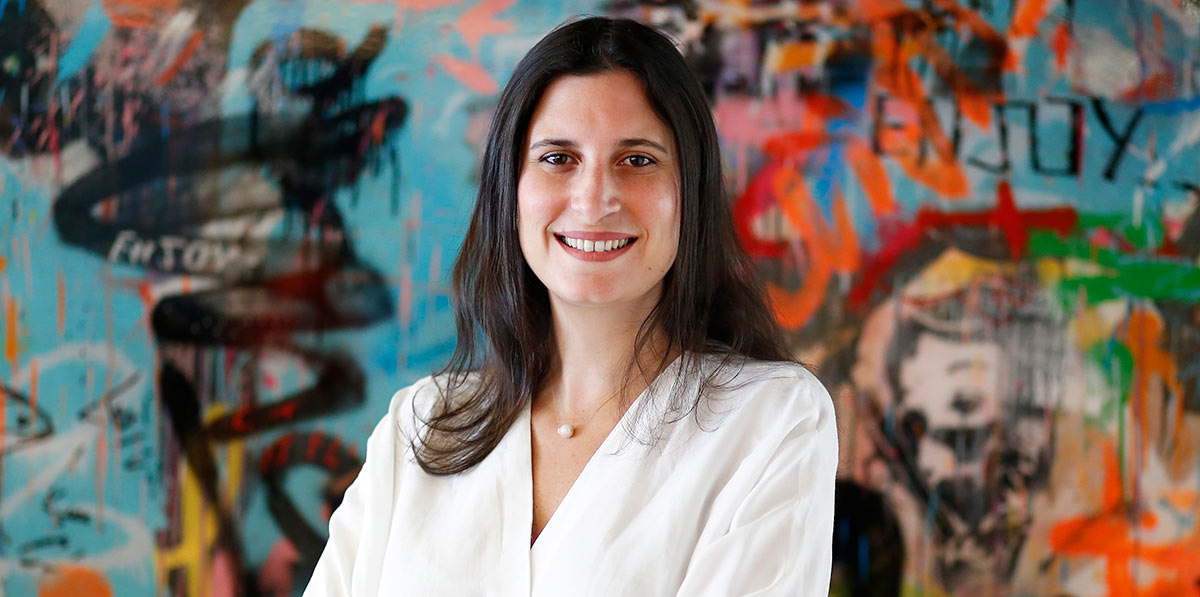Challenger mindsets need more than just a happy workplace – they need an environment which allows them to put their best foot forward, says Karen Doumet
A friend recently told me that she quit her job in the financial sector because she could no longer “identify” with her organization. The word identify really got me thinking. The debate about what makes a good work culture is raging and “happiness at work” has become the KPI of countless leaders and managers. Even with the many studies and books on the topic, are organizations really creating work cultures that attract talent because they “identify” with them? Is what we deem a good work culture today changing? In our diverse and rapidly changing world, have we clearly identified what makes work cultures sustainable and adaptable?
To state the obvious, people are the foundation of every business and without a good work culture, neither they nor the company they collectively form will flourish. While this is true in its absolute term, it does not necessarily mean that what we define as a good work culture comes in a “one size fits all”. Different organizations have different requirements and those primarily vary based on the nature of the business. Some require and have ‘textbook’ corporate cultures, while others are more specific and unique. Either way, culture is one of the most sustainable and important elements in the growth and success of an organization. According to a study by the German Federal Ministry of Labour, a full third of profit before tax can be attributed to an employee-focused corporate culture.
There are major challenges in building relatable, adaptable and sustainable work cultures in our changing ecosystems. Talent have highly diverse aspirations and the start-up culture has profoundly disrupted the perception of a good work culture. Organizations are putting a lot of effort to create a culture of their own but the pace at which this is materializing is slow. Part of the problem is that this process usually comes from the top down. These well-meaning corporate statements are usually created by management or consultants for staff to embrace wholeheartedly. Employees are rarely part of the process. Yet, young professionals want to be involved and it has become managers and leaders’ responsibility to facilitate these opportunities. Orlando Figes writes: “Identity these days is a fashionable term. But it is not very meaningful unless one can show how it manifests itself in social interaction and behaviour”.
I started by my career 15 years ago and much of what I knew to be true then has either completely changed or at least evolved to some degree. Let’s take the concept of failure and the fear associated with it. Today, we look at failure as an experience that stimulates growth. Another example is short tenures, which no longer seem to be stigmatized. Diversity, inclusion, openness, balanced lifestyles, fun at work… are no longer just the traits of enlightened employers but common expectations from potential recruits. To me, these are but the façade of a good work culture and while today’s young professionals may be attracted by them, in the long run, they are not enough to retain employees. So, we hear “I quit because I don’t identify with this organization” more often now, and we’ll keep on hearing it unless things change more profoundly and meaningfully.
In the diverse environment in which we are living, a singular vision and a defined identity are as essential as they are challenging to craft. They are not the product of one mind but the mix of micro-climates in an organization, the juxtaposition of various tiles in a mosaic. These sub-cultures are the source of novel ideas and will ultimately influence change. These outliers are the building blocks of the wider culture of an organization and, rather than steamrolled, they should be embraced. Ken Kutaragi of Sony Computer Entertainment, the unit behind PlayStation, once said that he knew from the beginning that “his company-within-a-company would influence Sony profoundly”. The dominating culture may not be the one that serves a company best or fits it most accurately. For organizations to be relatable to a generation that wants to ‘identify’, they must look deeper and be ready to adopt a ‘challenger’ mindset, starting from within.
Ultimately, a good and healthy work culture comes down to having purpose and vision, establishing trustworthy leadership and providing an environment where people can be the best version of themselves. It is ensuring that people have and feel the liberty to think differently and try new things. By doing so, organizations are able to leverage their people’s talents. Embracing their sub-cultures and “challengers”, companies can demonstrate their true character and provide a more authentic reflection of what or who they are to all their stakeholders. This introspection will allow them to be an organization with which people can identify, rather than one where they’re ‘just’ happy to work. Authenticity is the foundation of deep and meaningful relationships. Challenger brands have taken this further and built their success on being true to themselves.
Karen Doumet is a business unit director at PHD UAE. Challenger brands will be explored during the 10th PHD BrainScape conference on October 30.
Visit the online article at Campaign Middle East here



